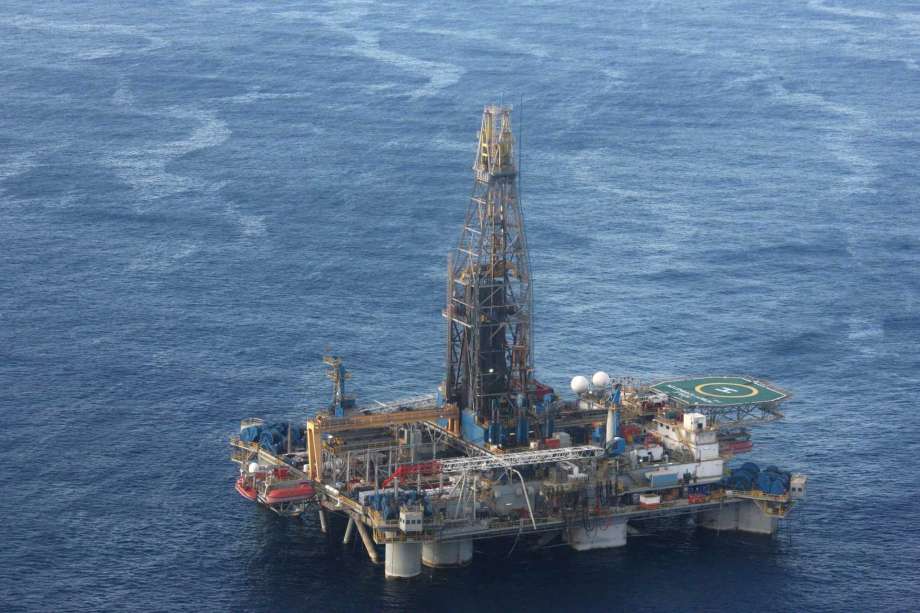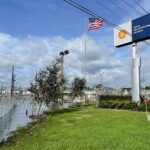Exxon Mobil said Monday it secured a large exploration position offshore of Egypt as the United States’ largest energy player expands its role in developing oil and gas resources in the Eastern Mediterranean.

Exxon Mobil, which made a large natural gas discovery offshore of Cyprus 10 months ago, now plans to grow nearby in Egypt’s territorial waters. Exxon also has discussed exploring offshore of Israel.
“These (acreage) awards strengthen our exploration portfolio in the Eastern Mediterranean,” said Mike Cousins, Exxon’s senior vice president of exploration and new ventures. “We look forward to working with the government and deploying our proven expertise and advanced technology.”
Exxon Mobil received leases to explore 1.7 million acres offshore of Egypt, including 1.2 million acres in the North Marakia offshore block that’s about five miles offshore of Egypt’s northern coast in the Herodotus basin. The remaining 543,000 acres are in the North East El Amriya offshore block in the Nile Delta.
Operations, including the acquisition of seismic data, are scheduled to begin in 2020.
Exxon has worked in Egypt for more than 100 years with fuel sales and will now add upstream oil and gas exploration to the country.
In February, Exxon Mobil made a major natural gas discovery offshore of the island nation of Cyprus. The discovery is one of the world’s largest of the last few years and the biggest in Cyprus’ history, according to the Cypriot government. Exxon Mobil said the field tapped by its Glaucus-1 exploration well could hold 5 trillion to 8 trillion cubic feet of gas.
The Eastern Mediterranean could become a major gas source for Europe to help nations reduce their reliance on supplies from Russia, but the discovery lies near territorial waters claimed by Turkey, Syria, Lebanon, Israel and Egypt. Turkey, in particular, disputes international boundaries with Cyprus.
Elsewhere in the region, Houston’s Noble Energy is developing natural gas fields off the coast of Israel, while Italy’s Eni also is building out production in Egyptian waters.
[contextly_sidebar id=”rQ1RFy5SOe5FpujQVYZGr5urTVmXfokY”]







